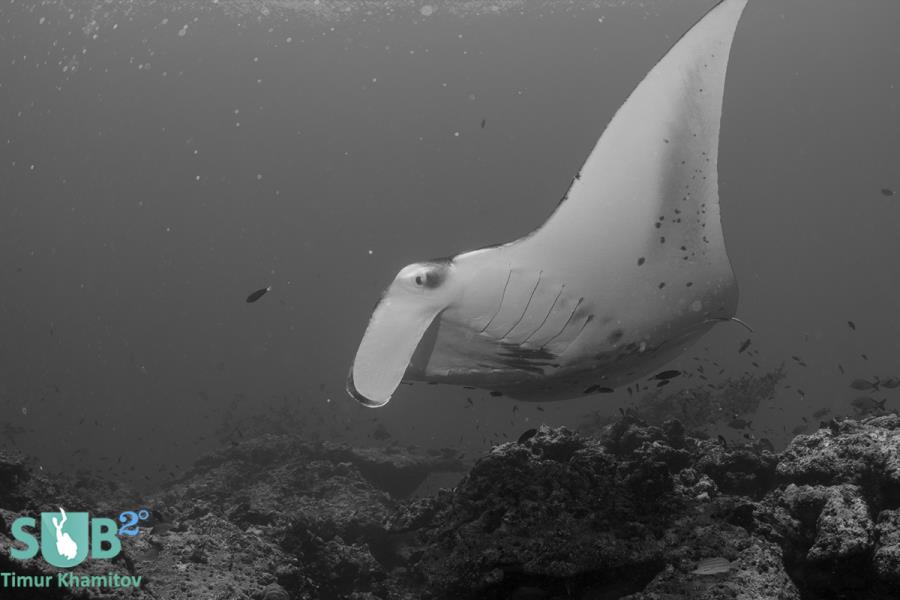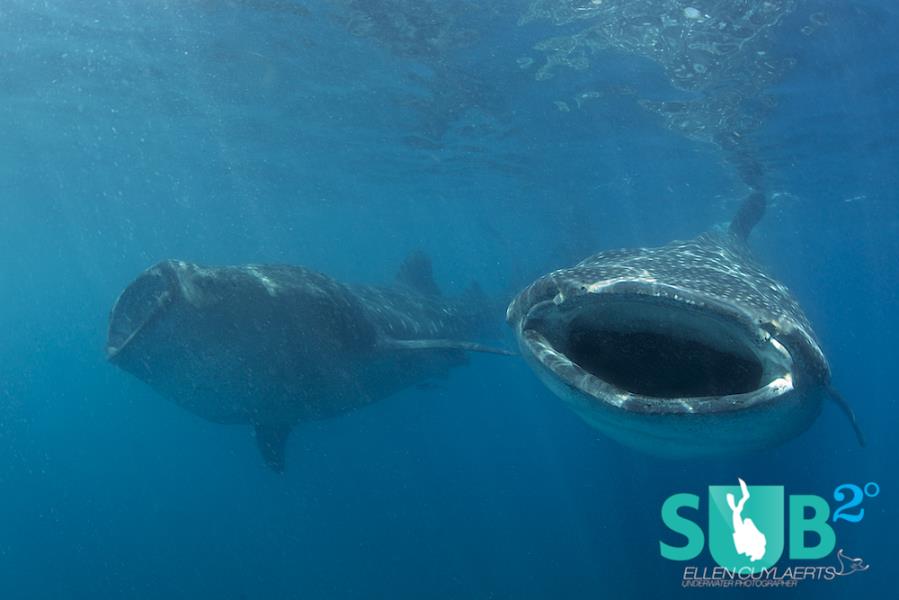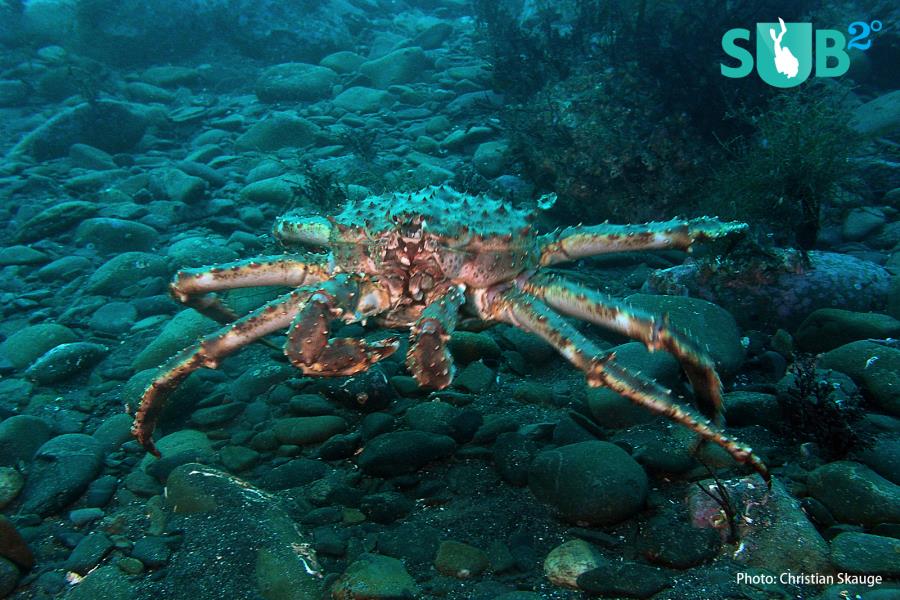
Published
Nov. 10,
2013
Ocean Threats Series - The Problem of Shark Finning - Part II
In Part 1, we started investigating the problem of shark finning- a bit of history, current state of our seas, and how this problem can affect us and the seas around us. Now, taking a step further, we look at what we can do to help our sharks.
WHAT CAN WE DO ABOUT IT
Information is power
First step towards empowerment is information. Here are some books and documentaries to be more informed on the subject:
- Sharkwater (addressed in Heather’s post), directed by biologist, photographer, and filmmaker Rob Stewart, is a good starting point to understand more about shark finning.
- Shiver: Shark Finning in Mozambique – The documentary follows Mozambican Carlos Macuacua, as he becomes the first person to unravel Mozambique's world of shark finning.
- Man & Shark – Photography book by Paul Hilton and Alex Hofford, which explores the practice of shark finning in developing nations, and tracks the fins' paths to the Chinese market.
Also consider presenting kids with some of these books:
- Nicole in the Surf is my Turf - Commissioned by the Save our Seas Foundation, this book tries to demystify the negative image of sharks. For children, ages 3 to 7 years old.
- The Adventures of Shark Stanley & Friends – This beautifully illustrated book by the organization Shark Defenders and SAGE magazine explains to kids the dangers sharks face all around the world.
Networking
Alone, one can't do much; but together, we are more powerful. Therefore, join NGOs and other organizations that protect and research sharks. You can get informed about recent news, petitions, and take part in campaigns and protest actions near you. Maybe you won’t change the world signing a petition, but one signature makes a difference. And if you find one organization that you really trust and like, consider volunteering to help them even more!
Sharing is caring
Now that you are aware of what is going on in our seas, spread the word to people who are not. Tell your friends, family and co-workers. Facebook, twitter, and other social media are here to help. If you are a teacher, tell your students. More importantly, talk to your children. A couple of months ago, I was talking to my 5-year old cousin, and she told me sharks were evil. I tried to explain her that sharks do not feed on humans and only want to live peacefully in the sea, and she was slowly getting convinced. Kids absorb more than we want from regular media, and if all information they have about sharks are shark-human accidents on the news, and Hollywood movies like ‘Jaws’, they will be stuck with a stereotypical point of view.
You are what you eat – and use
If you don’t agree with the killing of sharks for shark fin soup, avoid any restaurants that sell it near you, and let the owner know why you are avoiding the place. On stopsharkfinning.net, you can find a list of some restaurants that sell shark fin soup. Any time you encounter a restaurant that sells shark meals, make sure you add it to the list on the website and let others know too.
But shark products are not only present in the form of food. Did you know that many cosmetics, including lotions, deodorants, sunscreen, and even lipstick can use shark bits? Many of these products use shark liver oil called squalene. Now, squalene can be shark or vegetable originated. Unfortunately, it is difficult to track down which one is used in a determined product, as current labeling regulations don’t require this specification. Although many of the big companies like Unilever and L’Oreal affirmed a few years ago that they don’t use shark originated squalene anymore, some brands around the globe still use it.
Besides cosmetics, many other products can use shark bits, from medicine to pet products. Check out this list here.
Go shark diving!
If you live in or visit locations where there are sharks, support activities that are environmentally sustainable, like shark diving. Showing sharks are worth more alive than dead is an important step towards their conservation. In Palau, for example, each reef shark brings in around $179,000 annually in tourism revenue. In contrast, a single shark fin is sold for about $108.
Here are various examples of amazing shark dives in the Caribbean, South Africa, Belize, Fiji, and the Bahamas.
Politics matter
To efficiently ensure shark protection, we also need governmental initiatives; shark protection on three levels: international, regional and national. Understanding what needs to be done on these levels is important to be objective and know exactly what you are asking for when organizing campaigns and petitions.
International
The main international tool for management of sharks is CITES. First step has already been taken with the inclusion of 5 more shark species, both manta rays and 1 sawfish in the CITES list. However, as 30% of sharks are considered endangered, we can always ask for more.
Regional
On the regional level, regional fisheries management organizations (RFMOs) are important to ensure sustainable fisheries of migratory species, including sharks. However, only 24 out of 450 shark species have any conservation or management measures at the RFMO level, and they are often protected only by some RFMOs and not others. Considering most species are migratory and cross political boundaries, more action by RFMOs is required to protect these animals.
National
Countries, territories, and other political entities can take action to manage and conserve sharks in their waters, and we should always try to motivate these measures with campaigns and petitions. Some of them are:
- Regulations that prohibit commercial fishing of all sharks throughout their exclusive economic zone, creating shark sanctuaries;
- Banning the sale, trade, and possession of shark parts;
- Prohibition of shark finning;
- Establishing catch quotas and gear restrictions.
Our greed is exceeding the ocean’s ecological limit, and it is up to us to stop this nonsense, before it is too late.
This is a post on the series Ocean Threats. In the series, we will discuss the main issues menacing oceans worldwide: the state of the problem, how it can affect ecosystems and people, and practical ideas of how we can help keeping our seas healthy. Are you ready to fight for our ocean? Then, ahoy mate, jump aboard!
Featured Posts
-

Indonesia Bans Manta Fishing,...
Analyzing manta conservation in the context of marine conservation as a whole. (Part 1 of the series)
-

Isla Mujeres & The Whale Shar...
Every year, between June and September, hundreds of whale sharks can be found in the deep waters northeast of Isla Mujeres, Mexico.
-

King Crab Invasion
Thanks to Discovery Channel’s popular «Deadliest Catch» TV series, the red king crab has become known across the globe. Native to the north Pacific, this armored behemoth has invaded Norwegian waters and is considered a dang...


Load more comments